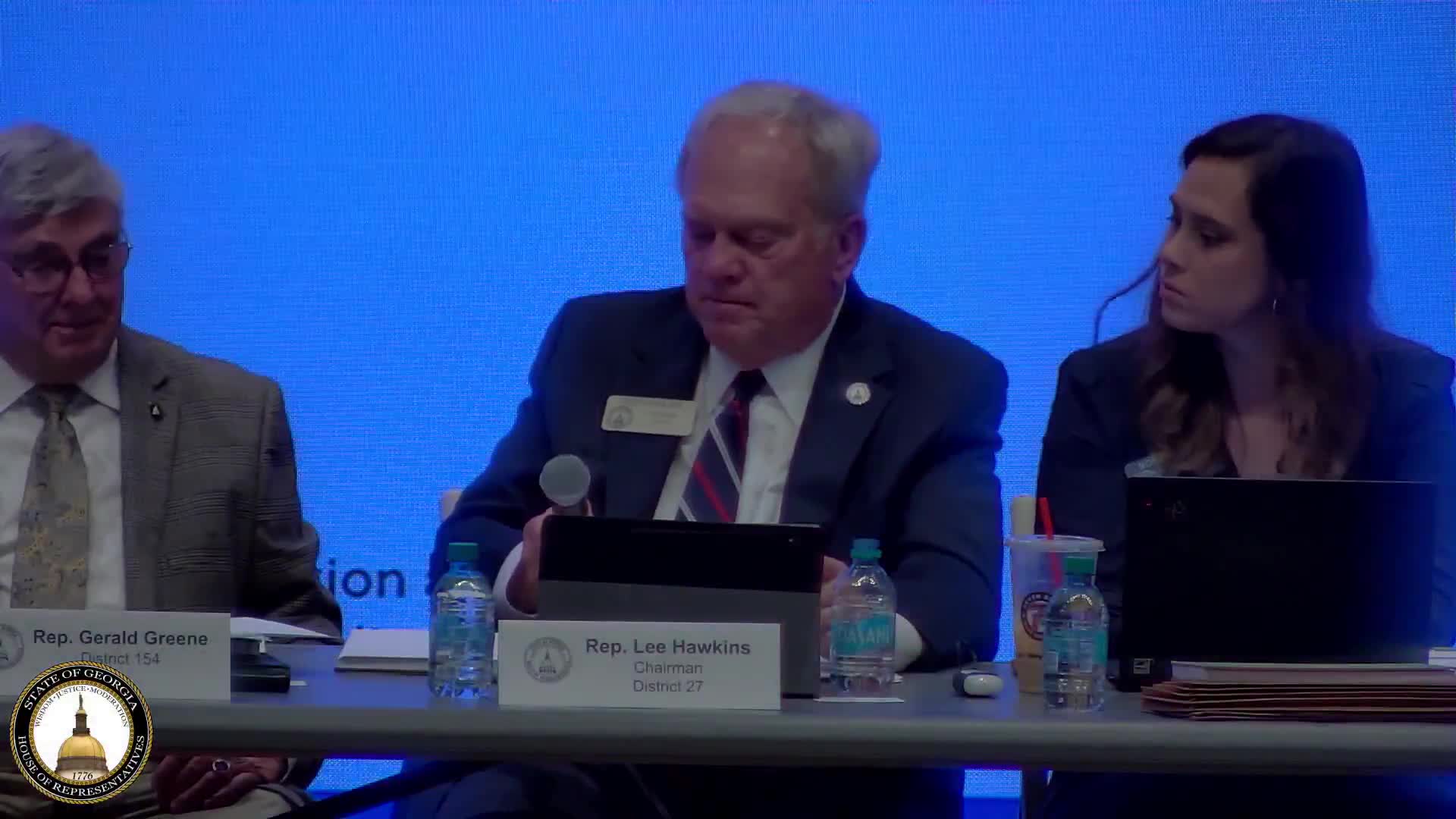Article not found
This article is no longer available. But don't worry—we've gathered other articles that discuss the same topic.
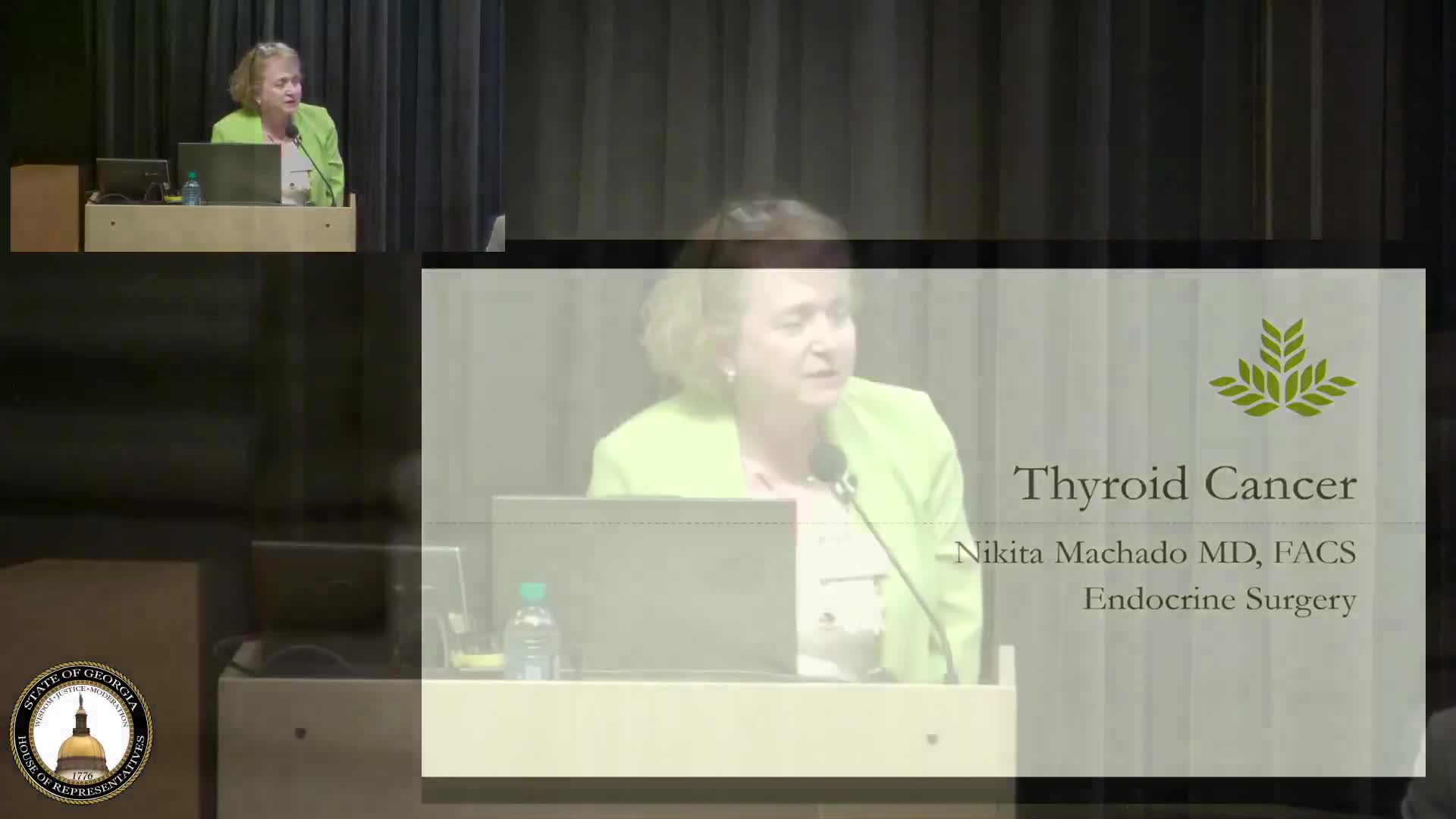
Surgeons and university researchers flag higher thyroid cancer incidence in Northeast Georgia, propose local study
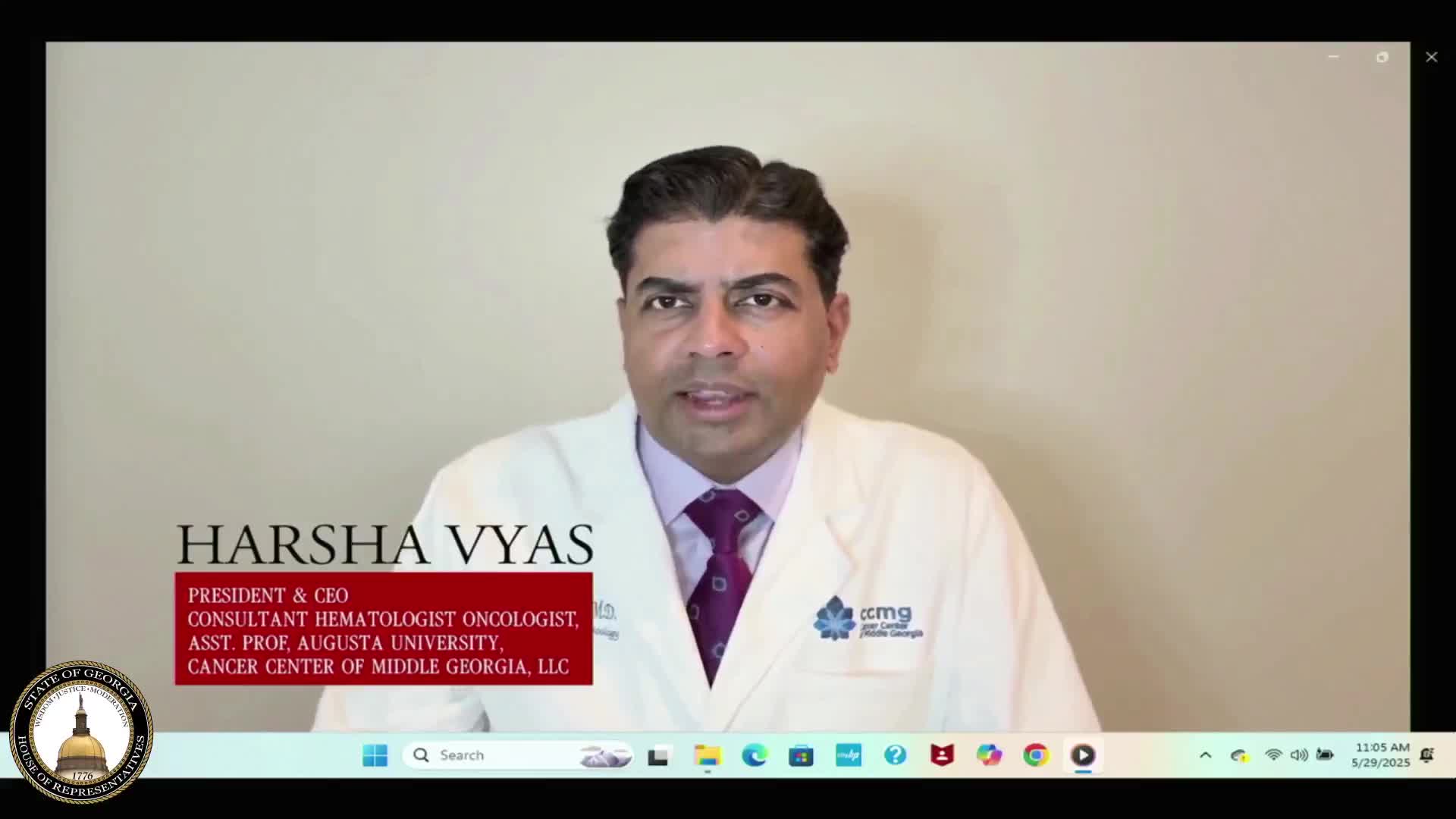
Rural oncologists warn of a crisis: independent community clinics struggle with reimbursement, staffing and prior authorization burdens
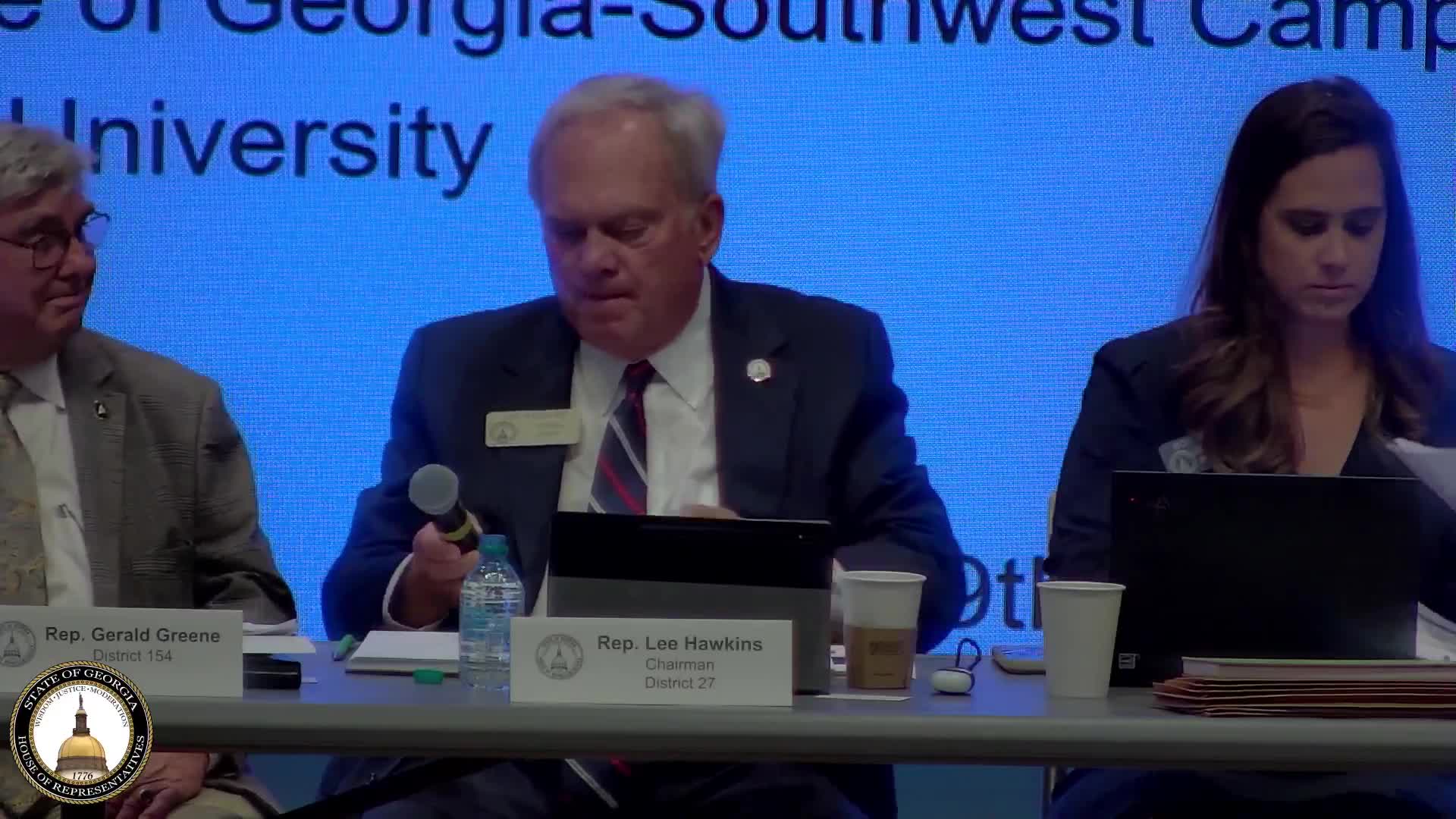
Presenters say increased screening and more clinicians needed to reduce cancer deaths in rural Georgia
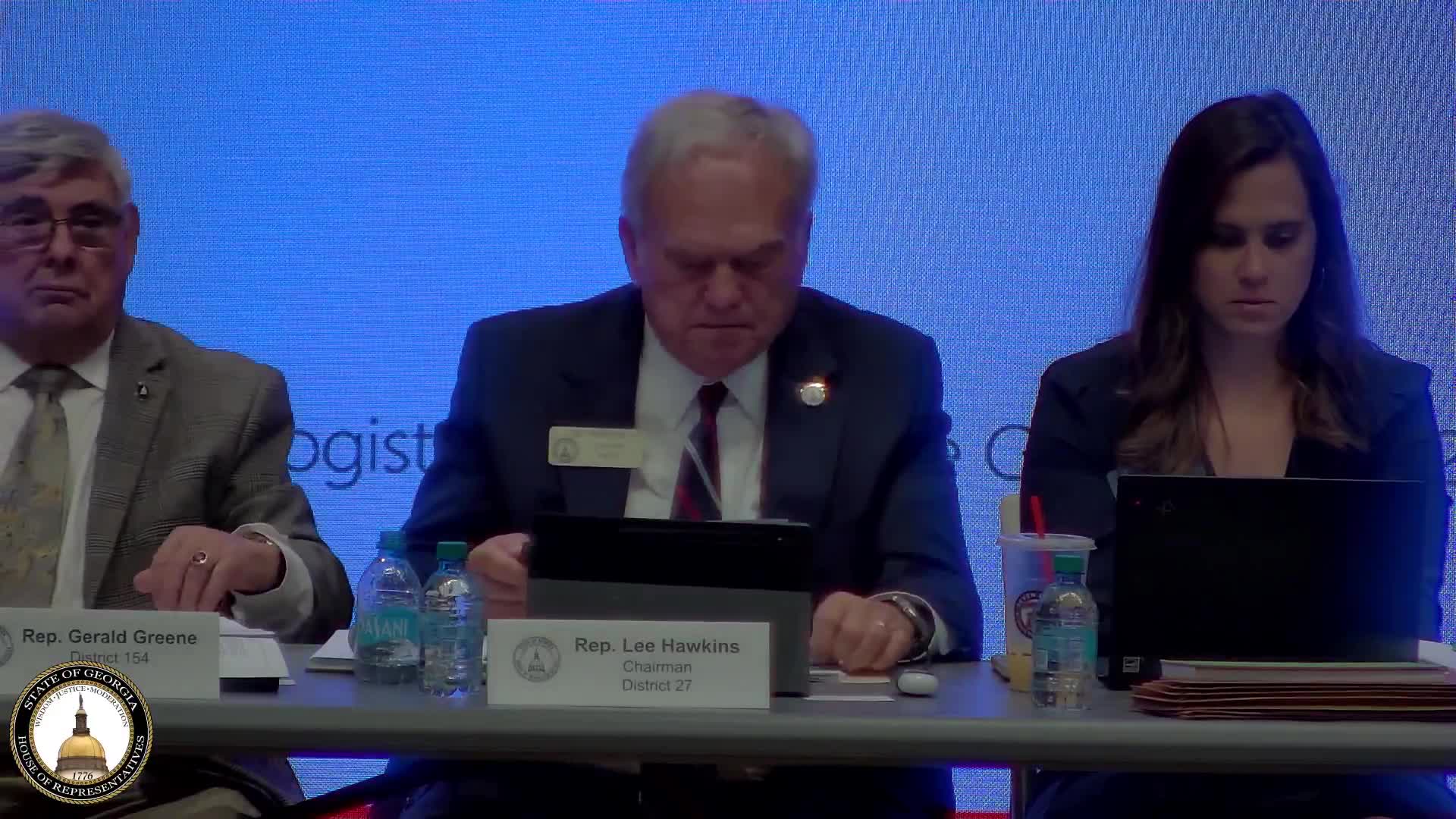
State epidemiologist: Georgia cancer surveillance shows higher incidence and deaths in rural counties
